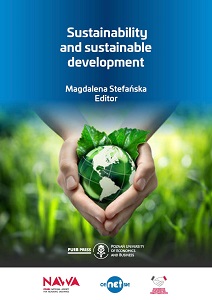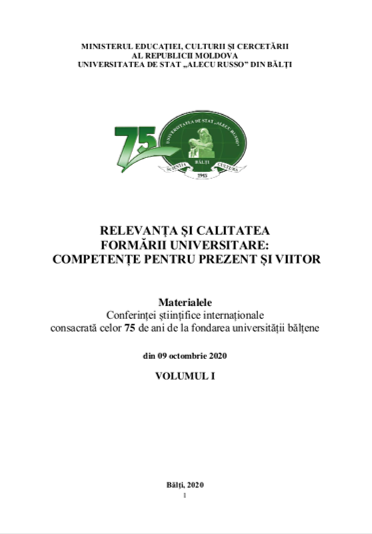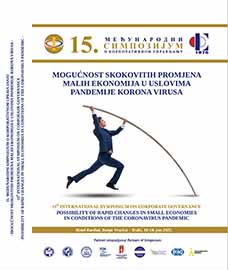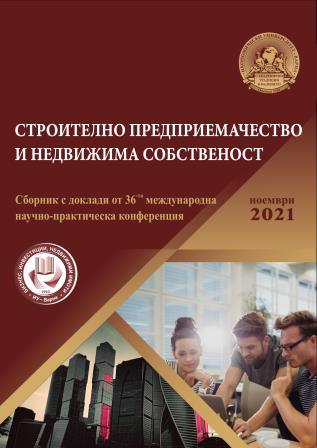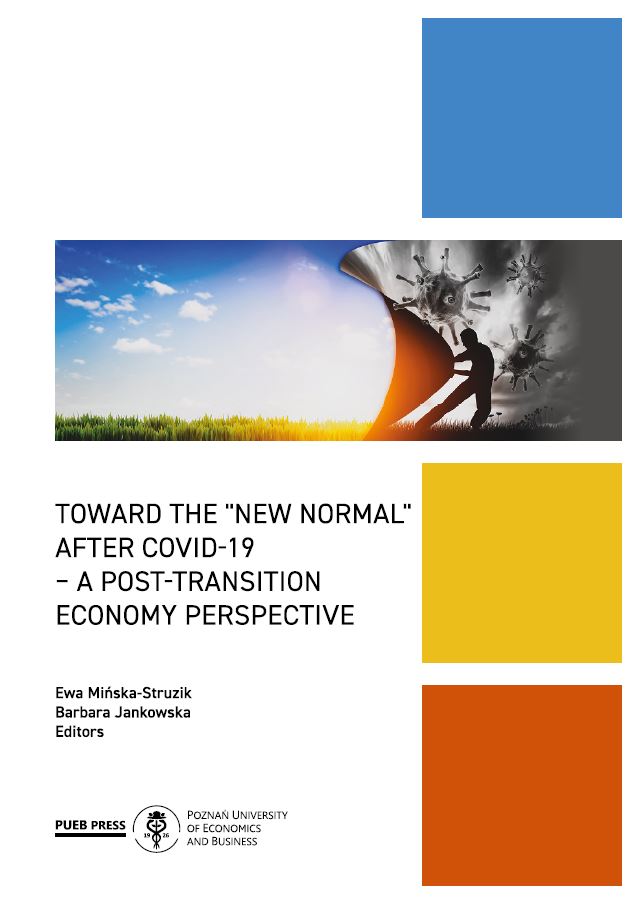
International portfolio diversification during the Covid-19 onset: A study of correlations among CEE post-transition and developed countries
Purpose: The chapter examines the hypothesis that during the Covid-19 onset, the higher positive correlations between stock exchange indices persist, preventing the use of international diversification to reduce the volatility of global portfolio. Design/methodology/approach: The study focuses on CEE post-transition countries and their main stock exchange indices’ correlations with developed markets stock exchange indices. The data cover the period starting from January 8, 2004, until the end of October, 2020. The bivariate relationship between stock indices and VIX was measured by the Pearson coefficient of correlation. Findings: The findings of correlations estimation in three periods (long-term, Covid-19 on-set, and recovery) indicate that except for a period of large volatility measured by the VIX index lower relationships between developed and emerging stock markets persist. However, the results of the study concerning the shaping of correlation between the stock indices and the global risk shows a significant negative relationship between them, approaching very high levels close to 1 during the Covid-19 onset. All the CEE stock exchanges – even those low correlated in the longer term – behaved very similarly during the stock exchange crunch with its epicenter in March 2020. Practical implications: The answer to the research questions concerning the shaping of correlations on international markets is important for the portfolio theory itself in its international aspect, but also from the viewpoint of its applicability in practice. Huge market synchronization in terms of comovements in stock indices is troubling. It significantly reduces or even eliminates the benefits of international diversification during market crashes.
More...
